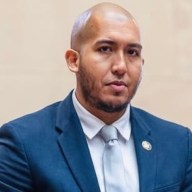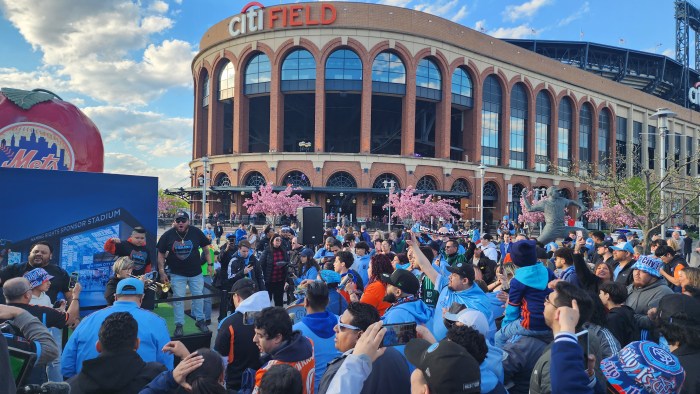By Dominique Herman
New York area hospitals could face a medical crisis if proposed restrictions on blood donors are implemented, health officials warn.
An advisory panel has recommended to the U.S. Food and Drug Administration a ban on blood imports from Western Europe — which contributes up to a fourth of New City’s total blood supply — as well as on donors who have been in Europe for certain periods of time. FDA officials fear that such blood might cause mad cow disease.
Donors who have been in Britain for more than three months or in Europe for more than six months since 1980 would not be allowed to donate blood, said Susan Lingenfelter, the Queens donor recruitment manager for the New York Blood Center, the city agency that is the chief supplier of blood for 200 hospitals in New York City’s five boroughs, Westchester and Rockland Counties, Long Island and northern New Jersey.
The proposal comes at a bad time since the summer is the slowest time for donor centers.
“Blood shortage almost routinely slacks off the week before the Fourth of July,” said Richard Vagge, assistant director of the Elmhurst Hospital Blood Donor Program, since people are on vacation.
“Starting at the beginning of August, there will only be a one-day supply of blood as opposed to the regular three-day supply’” he said. “If the ban goes into effect and there aren’t counter measures, then for 12 months of the year, it’ll be like the summer.”
If the surplus blood from military bases abroad is sent to the New York region in place of Western Europe imports, which the federal government might institute as a compromise plan, it will “alleviate this disastrous situation” at least to a large extent, said Doris Varlese, associate general counsel for the Greater New York Hospital Association.
The GNYHA represents 200 hospitals and continuing-care facilities, including 25 in Queens. Varlese attributes the “chronic shortage of blood in this region” to the large number of metro-area hospitals performing a high volume of sophisticated procedures.
“Over the past couple of years there has been a slight increase in the amount of blood donated, but the need has increased at the same time,” Vagge said.
Elmhurst Hospital in Jackson Heights, the largest medical center in the borough, is a Level 1 trauma unit servicing the most serious injuries, with an even greater demand for blood, said Vagge.
About 5 percent of eligible people across America donate blood, compared to only 2 percent in New York City, say officials. One big factor, especially in Queens, is that immigrants have to have lived in the United States for at least three years before they are eligible to donate blood.
“We don’t have enough people of multiple backgrounds donating blood,” said Lingenfelter of the New York Blood Center, which services 50 hospitals in the region, including all 15 hospitals in Queens. “I don’t think we’ve done as good a job in Queens in terms of education and getting the word out.”
For information on how to donate blood, contact the New York Blood Center at 1-800-933-2566 or log onto www.nybloodcenter.org. In Queens there are two permanent donor locations: the New York Hospital of Queens in Flushing and Elmhurst Hospital in Jackson Heights.
































